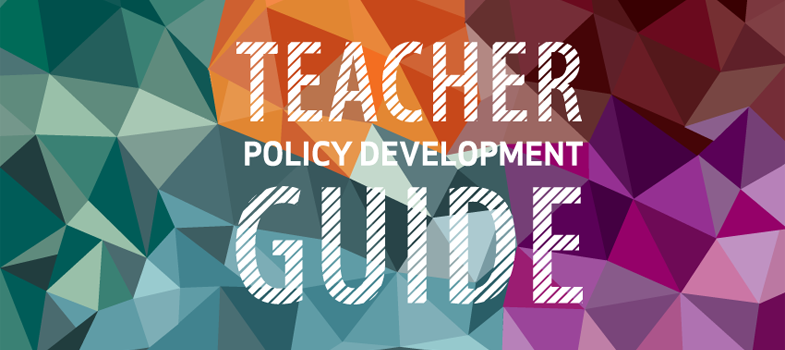Agreeing on principles during policy formulation
A clear set of principles and factors should guide the teacher policy development process, at the heart of which should be a commitment to quality teaching and learning (see Box 4.2 for the example of UNRWA). Such a set of principles and factors should include:
- Equity: will the policy result in greater equity in education? Do the options and choices consider the needs of marginalized and disadvantaged groups? How do the policy options and choices address disabilities?
- Comprehensive and holistic: is the policy comprehensive? Does it address holistically the interrelated aspects of teacher quality, status and conditions, and teacher education? Is it integrated and linked to existing social and other education policies?
- Financial sustainability: are the policy choices and options affordable and financially sustainable?
- Feasibility: are the policy options and choices feasible and easy to implement? Are they manageable from an administrative standpoint? Is there adequate capacity to implement?
BOX 4.2: UNRWA TEACHER POLICY PRINCIPLES
The aim of the Teacher Policy is to professionalize the teaching force within UNRWA to improve the quality of teaching and learning in schools, recognizing the key role teachers play in ensuring quality education. The Policy seeks to provide support to teachers at school level and on-going professional development, whilst ensuring diversified, motivating career opportunities. It introduces new roles to facilitate school quality assurance, monitoring and assessment, and the overall coordination of professional development. The Teacher Policy also recognizes the need for enhanced support to the Chief’s office.
The vision of the Teacher Policy builds upon UNRWA’s mandate to provide free education for all of the children of Palestinian refugees. It is intended to create a teaching force that is
“committed to delivering the highest standards of education with high levels of performance and professional conduct to prepare Palestinian refugee children and youth for the 21st century in which they can live fulfilled, productive, creative and valued lives, contributing to their own development and that of the community, society and world.”
Source: UNRWA, 2013 (reproduced with permission).
Needs/situational analysis/diagnosis
